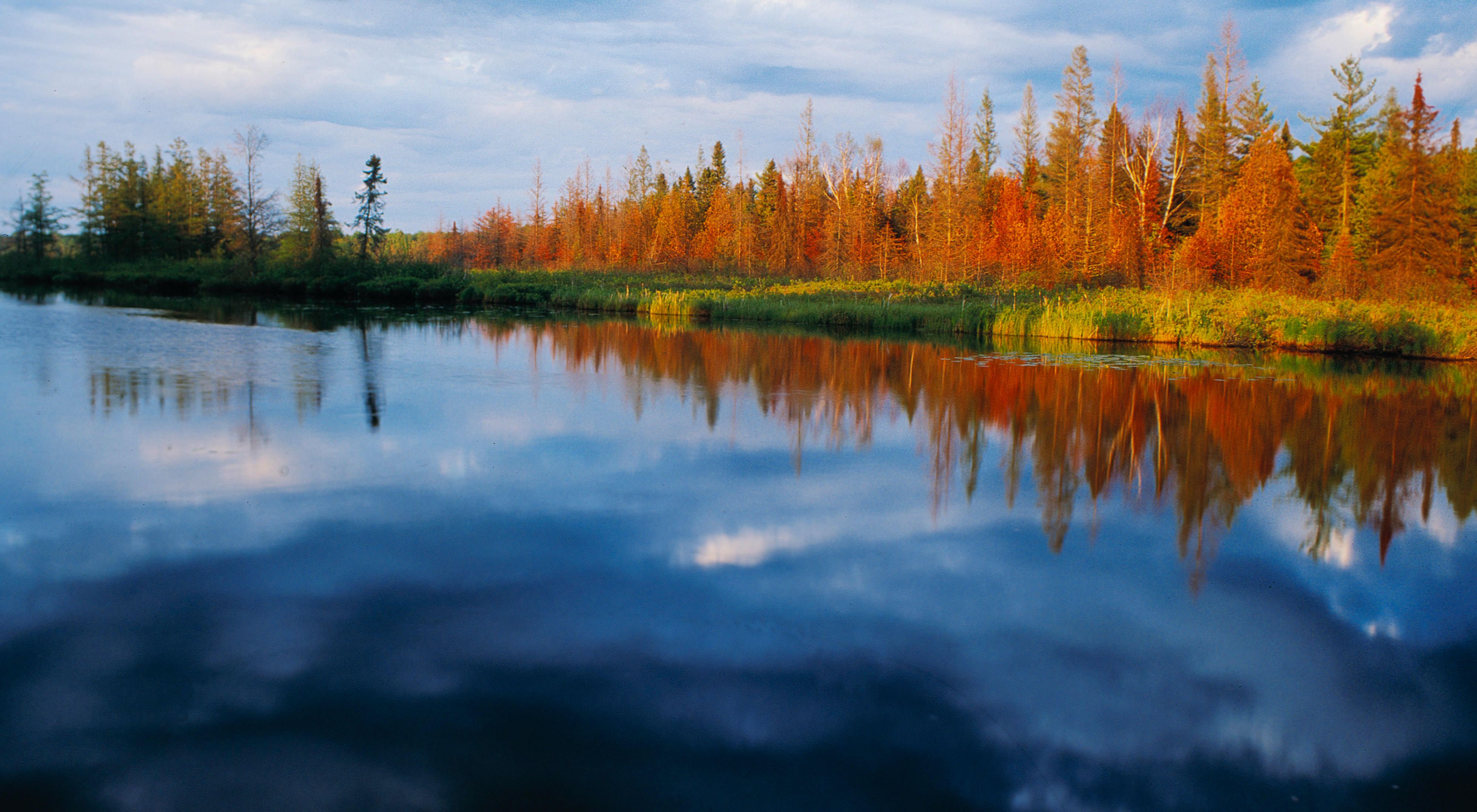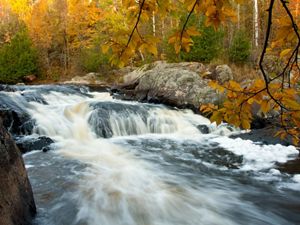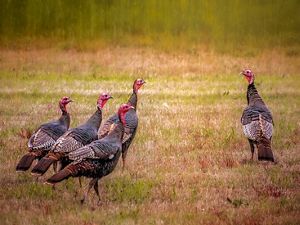Description
Why You Should Visit
This 1,078-acre preserve is a great place to experience the serenity and beauty of the wild, undeveloped lakes that epitomize Wisconsin's Northwoods, but which are becoming increasingly rare.
Conditions
There is a good, relatively flat walking trail that will take you to Twin Lakes (2 miles round trip), and another that will lead you to land owned by Ashland County (this trail is not well-marked). Visitors can canoe, cross-country ski, hunt and fish at the preserve.
Why TNC Selected This Site
Caroline Lake forms the headwaters of the Bad River. Its clean, clear water contributes to the high water quality of the river and of the Kakagon/Bad River Sloughs—16,000 acres of wild rice, grasses, sedges, trees, streams and open water located along the southern shore of Lake Superior. The Sloughs are the largest and healthiest full-functioning estuarine system remaining in the upper Great Lakes region.
What TNC Has Done/Is Doing
In 1997, The Nature Conservancy purchased 1,044 acres from Georgia-Pacific Corporation. In 1999, as part of the "Great Addition," the State of Wisconsin purchased almost all of the remaining shoreline of Caroline Lake with intentions of managing the property as a dedicated State Natural Area.
The preserve is enrolled in the Managed Forest Law, and we have been managing the forests at Caroline Lake as sustainable working forest while meeting the goals of protecting natural processes, water quality and biodiversity.
Like other Northwoods forests, however, the forests at Caroline Lake face an uncertain future due to an increasing trend toward hotter, drier summers and milder winters. In 2011, we began working with the U.S. Forest Service’s Northern Institute of Applied Climate Science, the Wisconsin Department of Natural Resources and other partners to make changes to our forest management at Caroline Lake that we believe will help keep the forests healthy and productive in the uncertain climate conditions in the future.
Caroline Lake is one of several lakes in Ashland and Iron counties that Northland College scientists are assessing as part of a long-term study of the freshwater resources of the Penokee Range. They want to learn more about the physical, chemical, biological and social processes that shape the lakes in the Penokee Range. Then they will work with local communities and other stakeholders to develop lake-specific management plans to protect and restore them. Finally, they will establish long-term datasets to determine baseline conditions and variability across and within different lake systems.



